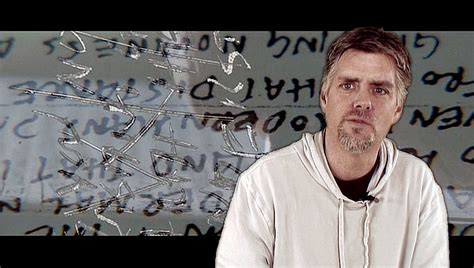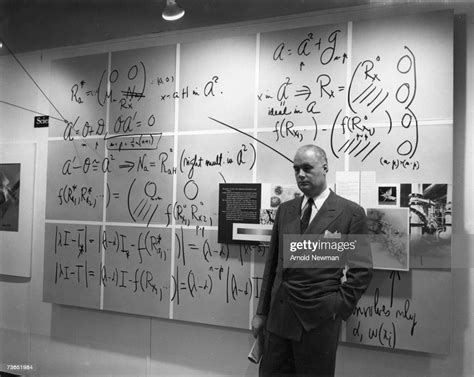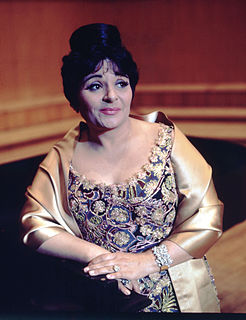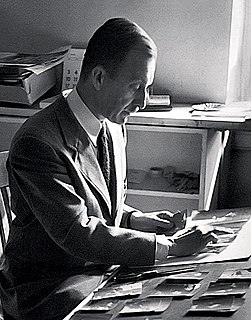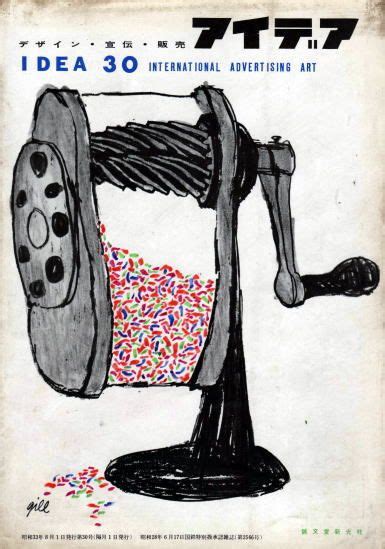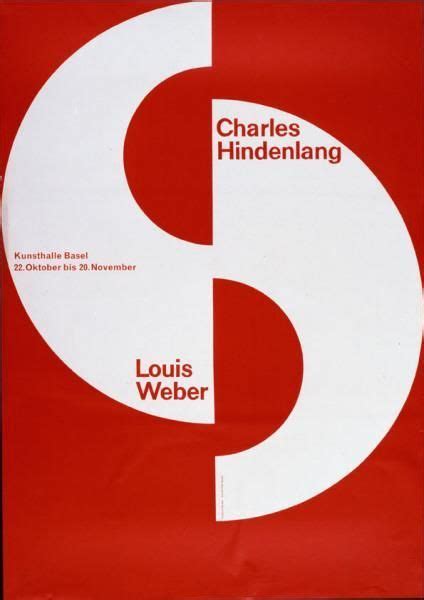A Quote by Wim Crouwel
The meaning is in the content of the text and not in the typeface, and that is why we loved Helvetica very much.
Related Quotes
Jazz musicians like John Coltrane needed these very clear titles for their abstract music, and your decision to bring voices into your music as a way to tap into content. It's related to the way my text-based work still functions as abstraction for me. If I repeat a sentence down a canvas, the text starts to smudge and disappear. It essentially becomes an abstract piece. The meaning of the text is still there.
Each typeface is a piece of history, like a chip in a mosaic that depicts the development of human communication. Each typeface is also a visual record of the person who created it - his skill as a designer, his philosophy as an artist, his feeling for... the details of each letter and the resulting impressions of an alphabet or a text line.
The meaning of a work is not what the author had in mind at some point, nor is it simply a property of the text or the experience of a reader. Meaning is an inescapable notion because it is not something simple or simply determined. It is simultaneously an experience of a subject and a property of a text. It is both what we understand and what in the text we try to understand.
The Text is plural. Which is not simply to say that it has several meanings, but that it accomplishes the very plural of meaning: an irreducible (and not merely an acceptable) plural. The Text is not a co-existence of meanings but a passage, an overcrossing; thus it answers not to an interpretation, even a liberal one, but to an explosion, a dissemination.
With Orff it is text, text, text - the music always subordinate. Not so with me. In 'Magnificat,' the text is important, but in some places I'm writing just music and not caring about text. Sometimes I'm using extremely complicated polyphony where the text is completely buried. So no, I am not another Orff, and I'm not primitive.

